How to Follow Your Passion When the Odds are Against You
Some people are born knowing exactly what they want to do. Others stumble into it by accident. Then there are those who chase one path, only to wake up one day and realize they’re meant to do something totally different. The second and third types tend to have the most interesting stories.
Maybe it was a business that you really wanted to work out, but just couldn’t make it work (due to multiple reasons), maybe it was a hobby, maybe, well, it was anything else? And if it feels like the odds are stacked against making a big career leap, it usually means the story’s just getting good.
Now, just generally speaking, following your passion sounds lovely in theory (and yes, it technically is), but in practice, it often comes with a lot of raised eyebrows, unexpected detours, and moments where everything feels completely upside down. The hard part isn’t dreaming about it, it’s sticking with it when things start getting messy.
Not Every Career Path Makes Sense on Paper
The idea that success follows a straight line is one of the biggest myths still floating around. People love the polished version of things. Graduate, get a job, climb the ladder, stay in the lane. But a lot of creative or fulfilling careers happen by turning down a road that doesn’t make much sense at first.
Alright, so you might already know this, but sometimes passion shows up in unexpected ways. For example, a job that was meant to be temporary turns into a doorway. Maybe a hobby becomes a side hustle, and that side hustle becomes a calling, or maybe the thing that made no sense at all starts making all the sense in the world later on.
You’re Allowed to Outgrow Your Original Plan
This is a fact of life, yet, it’s something people either straight up forget, don’t realize, or they’re so caught up in others and their choices. So, the plan you made at 18 isn’t a contract for the rest of your life. It’s okay if what you thought you wanted turns out to be the warm-up act for something bigger. But really, changing your mind isn’t failure, it’s part of figuring out what actually fits.
People sometimes hold onto a path because they’ve already invested time and energy into it. But if it feels wrong, dragging it out usually does more damage than starting over. The truth is, passion usually doesn’t show up fully formed. It builds slowly, often behind the scenes, while you’re busy doing something else.
Real Work Starts when Things Stop Being Easy
Okay, now thing is true. So, it’s easy to be excited about a new idea when it’s all potential and Pinterest boards. But when things get difficult or uncomfortable, that’s where passion really shows up. No, really, you read that right. Okay, so sticking with something when there’s no roadmap, no guaranteed outcome, and no one clapping yet, that’s the part people forget to talk about.
So, following a passion doesn’t mean waiting around to feel inspired every day. It’s showing up even when inspiration’s nowhere to be found. It’s asking for help, learning on the fly, and figuring it out in real time. The odds might be against it, but that hasn’t stopped anyone who really wanted to see it through.
Pivoting isn’t Quitting
Seriously, it’s like people don’t really consider this aspect (or at least understand that this is an option). Alright, so a lot of people stay stuck because they’re afraid of how it’ll look to change directions. There’s this weird pressure to make it all look seamless, as if every step was planned in advance. But some of the most successful people built their lives on pivots.
Actually, let’s go ahead and take Clive Davis, for example. He started out as a lawyer. It was a solid career path. Then he took a job in the music industry and ended up becoming one of the most powerful music executives ever. Now, that’s pretty amazing, right? Chances are, it’s no different for your favorite singer, actor, actress, YouTuber, influencer, you name it. Basically, that switch probably didn’t look like a sure thing at the time. But following that new direction changed everything.
But yeah, that’s the thing about big career shifts and major passion changes, too. So, from the outside, they often look random. But from the inside, they feel like coming home.
People will Have Opinions
Usually, it’s those opinions that make people want to keep doing what they’re doing, or try to, but literally only due to opinions. Is it worth it at that point? So, deciding to follow your passion, especially when it’s not the “safe” option, usually comes with a chorus of concern. Okay, sure, people mean well. They want stability for the people they care about. But at the end of the day, the only person who has to live with your choices is you.
It’s fine if not everyone understands what you’re doing right away. Your dream isn’t a group project. The right people will get it eventually. The rest are just background noise.
Just Start Small
You don’t have to flip your whole life upside down overnight. Sometimes the best way to follow your passion is to start by carving out space for it. Basically, you just want to take one step, try one thing, put something out there. Watch what happens.
But yeah, momentum builds when you show up consistently, not when you wait for the perfect conditions. There’s no perfect time to start, but there’s a big difference between thinking about it and actually doing something.
Passion and Paychecks can Coexist
Well, here’s something else to think about: doing what you love doesn’t mean you have to give up financial stability. Actually, plenty of people find ways to blend passion with income, even if it takes a bit of creativity. It might start with freelancing on the side or building something small in the evenings, but it can grow into something steady.
But really, the idea that following your passion means going broke is outdated. People are building entire careers around things that didn’t even exist ten years ago. With the right mindset and some patience, it’s possible to do meaningful work and still pay the bills.





